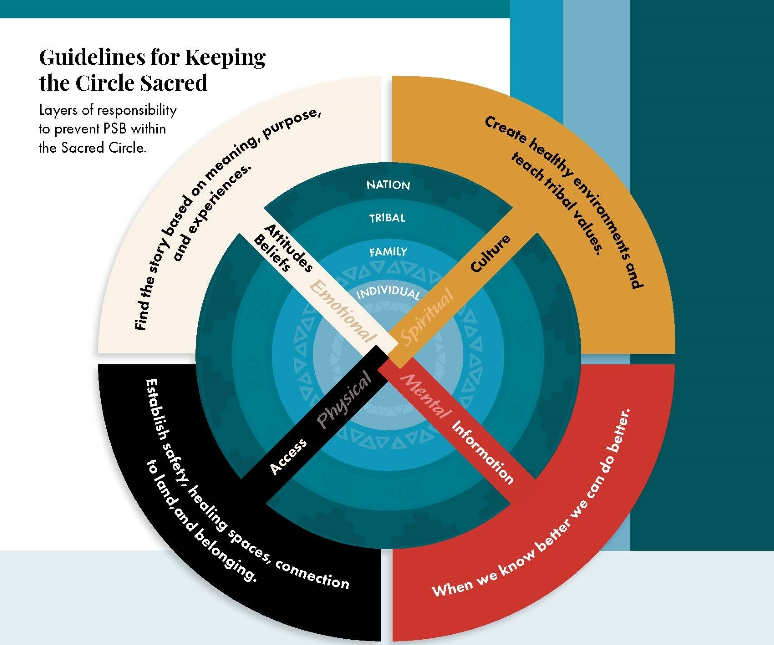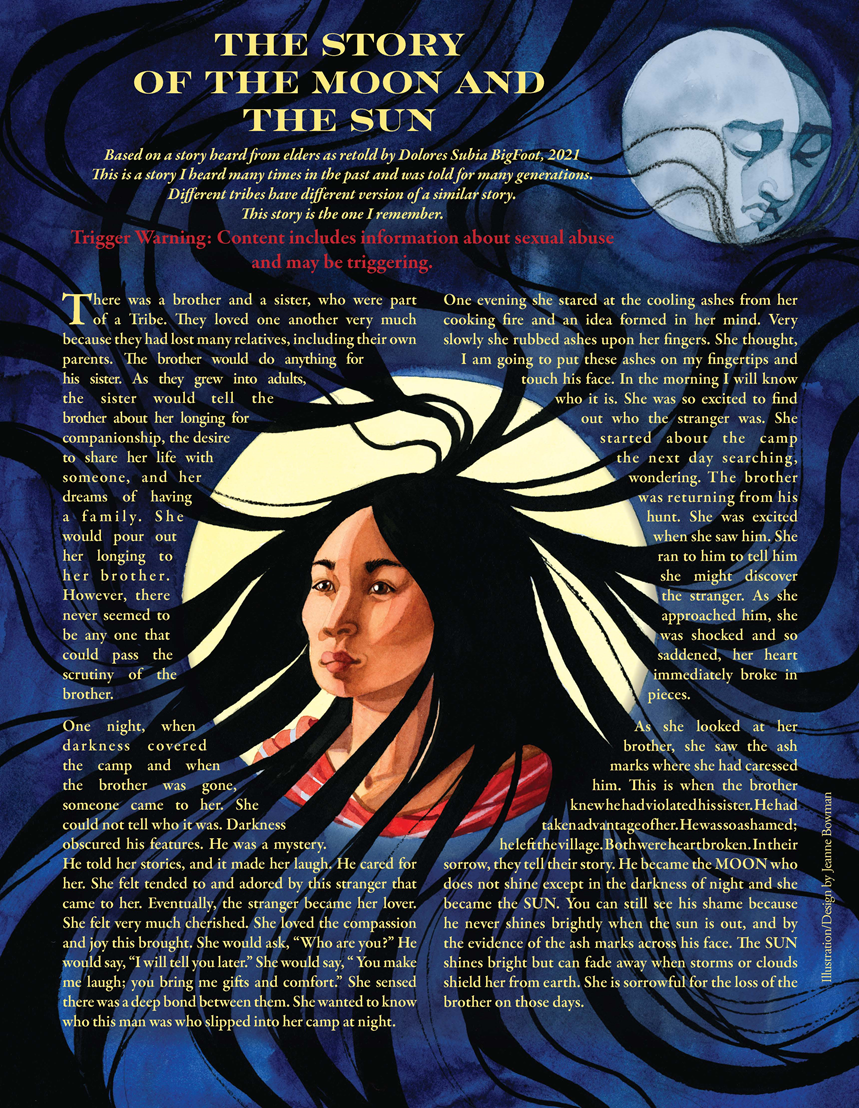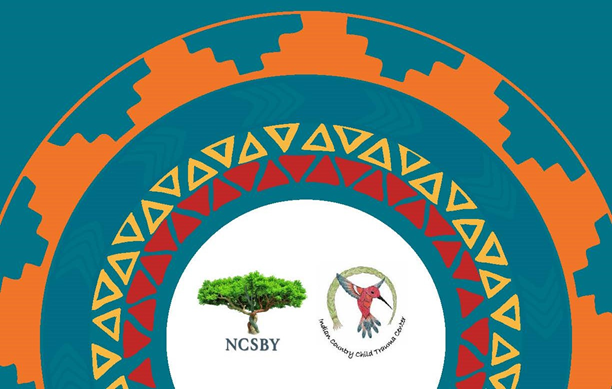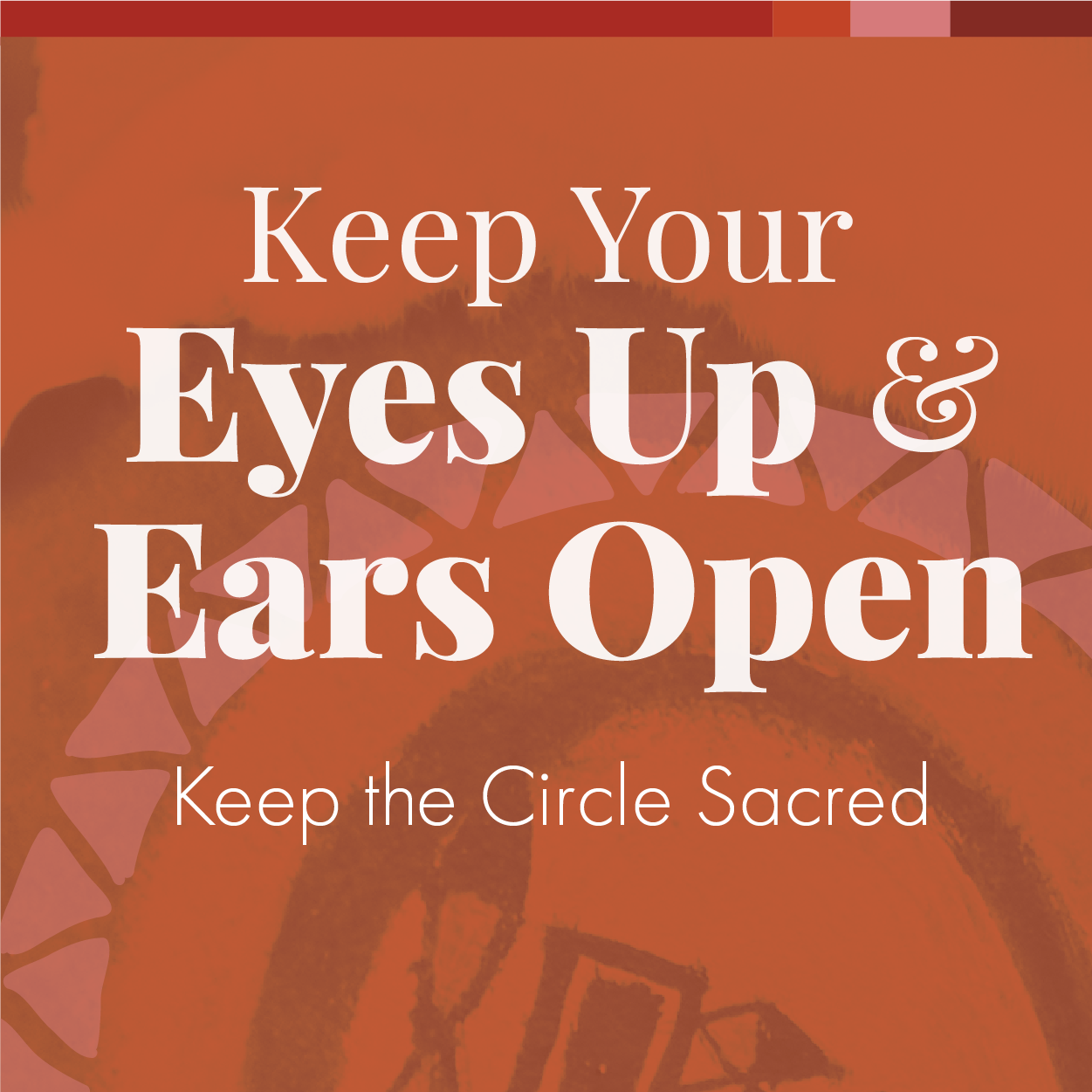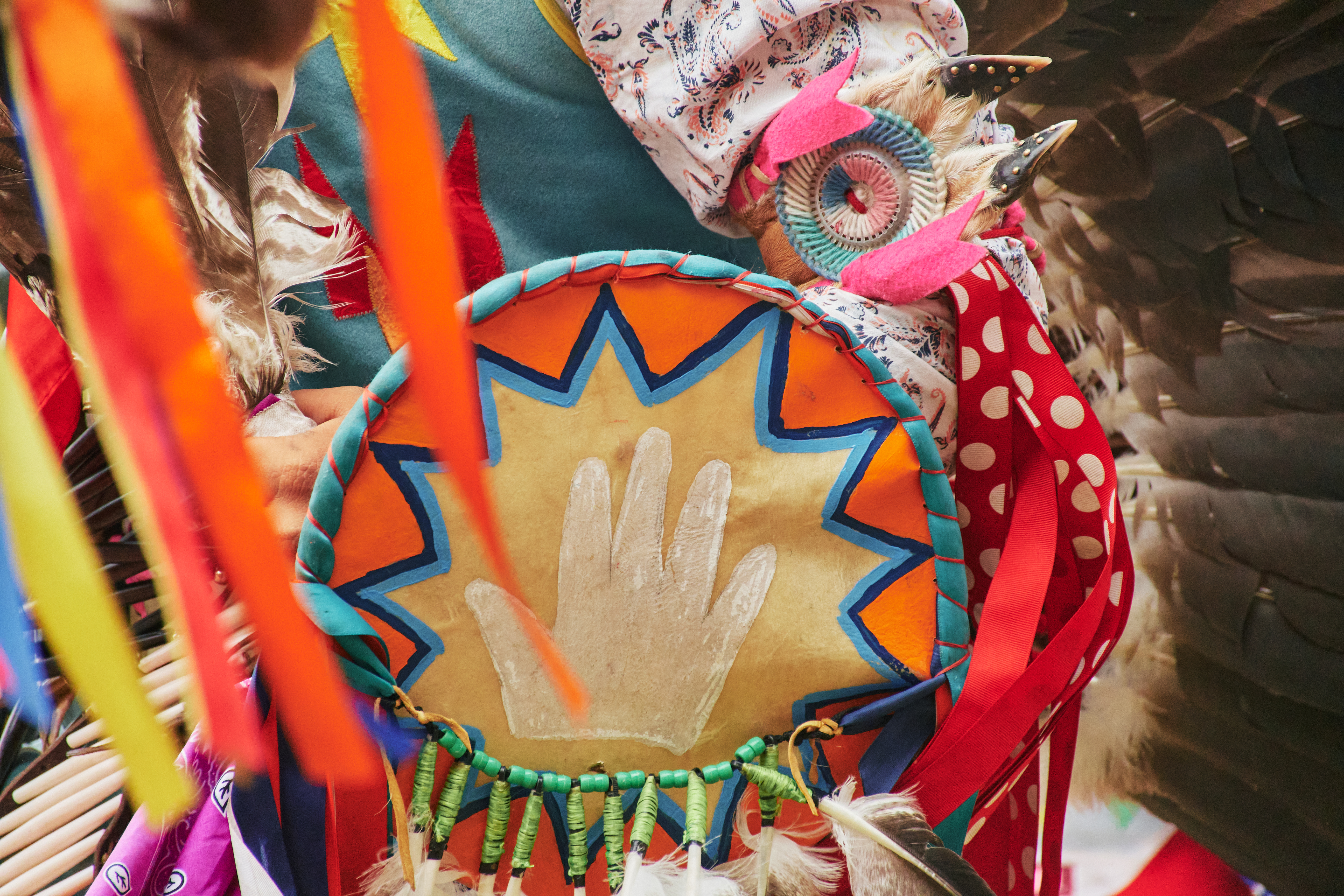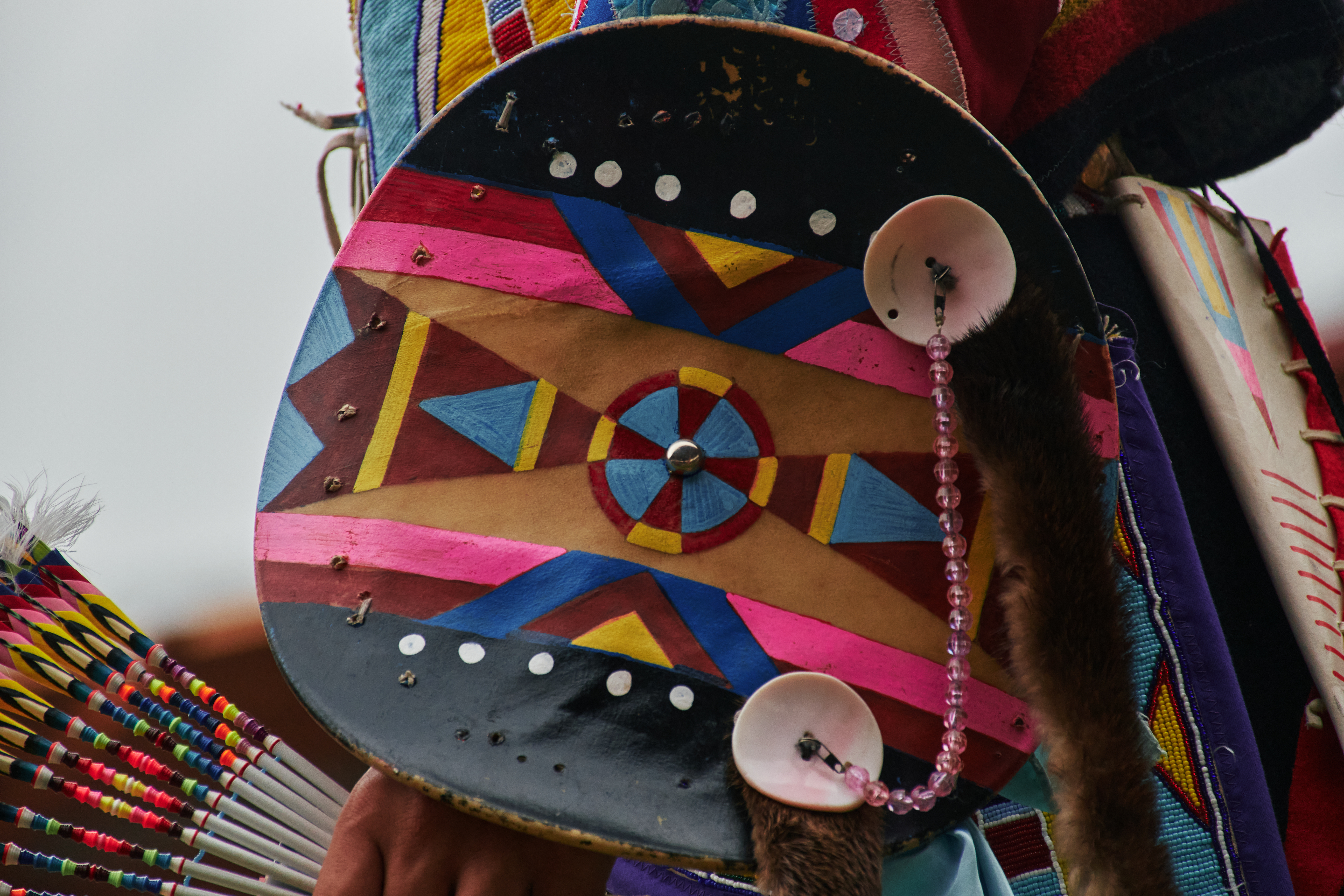
Dr. Dolores Subia BigFoot
October 29, 2021
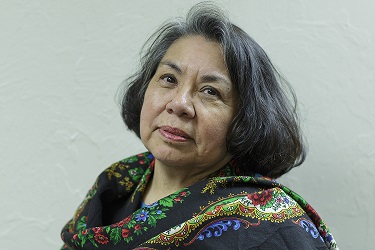
Dolores Subia BigFoot, PhD., is a child psychologist by training who hold the Presidential Professorship within the Center on Child Abuse and Neglect at the University of Oklahoma Health Sciences Center. Since 1994, she has directed Project Making Medicine, a clinical training program to train mental health providers in the treatment of child maltreatment using culturally based teachings. In 2020 she was awarded the National Suicide Prevention Resource Center, providing training and technical assistance throughout the country on suicide prevention efforts. With the establishment of the Indian Country Child Trauma Center in 2004, she was instrumental in the cultural adaptations of evidenced-based child treatment protocols. Under her guidance, four Evidenced Based Treatments were enhanced for American Indian and Alaska Native families in Indian Country, titled the Honoring Children Series. One of the four treatment models is Honoring Children – Mending the Circle, a cultural enhancement of Trauma Focused Cognitive Behavior Therapy, for use with American Indian and Alaska Native children and their families. Dr. BigFoot is a member of the national TF-CBT Trainer Network.
Honoring Children, Honoring the Future is a suicide prevention toolkit.
She has over 15 published articles and chapters, including serving as the lead author of the recent publication, Adapting Evidence- Based Treatments for Use with American Indians and Native Alaskan Children and Youth. Dr. BigFoot has served as PI on sixteen federally funded projects. She currently serves on the federal Commission on Native Children, whose mission is to make recommendations to improve conditions affecting American Indian, Alaska Native, and Native Hawaiian children and their families. Dr. BigFoot has over 30 years of experience and is knowledgeable about the concerns of implementation and adaptation of evidenced based practices being introduced into Indian Country. Dr. BigFoot is an enrolled member of the Caddo Nation of Oklahoma with affiliation to the Northern Cheyenne Tribe of Montana where her children are enrolled members and the recognition that her children were raised in the Cheyenne traditions and ceremonies. Equity, inclusion, cultural identity, and belonging are values she promotes and practices. She values her role as mother, grandmother, sister, daughter, auntie and mentor as being her calling and the pathway that brings others into the circles of cultural teachings. Her faith sustains her as she is a disciple of Christ. She was the wife of the late Cheyenne Chief and tribal historian John L. Sipe Jr. and the mother of C. Ah-in-nist Sipes and his siblings.

Kaycee Martinez
September 19, 2024
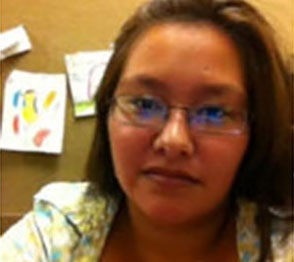
Kaycee Martinez is an enrolled member of the Northern Cheyenne Tribe and a mom of four children. She is the Family Spirit Program Director at the Boys and Girls Club of the Northern Cheyenne. In this podcast, Kaycee reflects on her work at the Club and how PSB impacts children and youth in the community.

Tristin Wolfname (Chosen One)
September 19, 2024
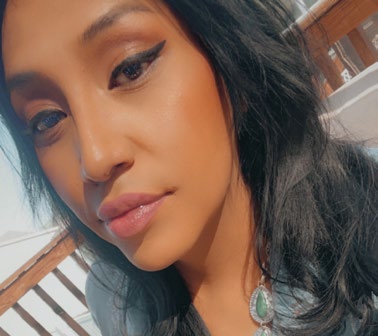
Tristin Wolfname (Chosen One) is an enrolled member of the Northern Cheyenne Tribe and a transgender woman. In this podcast she describes her experience living as a trans woman in a discriminating world. This conversation has major implications for how we view and treat others in the world.

Dewey Ertz
September 19, 2024
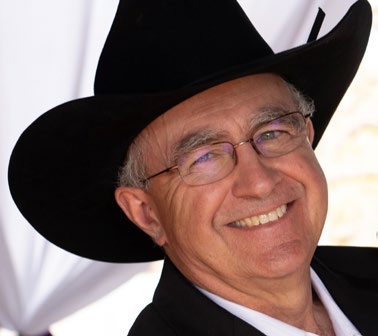
Dewey Ertz is an enrolled member of the Cheyenne River Sioux Tribe in north central South Dakota. In this podcast he reflects on his work with youth, families, and addressing PSB. This podcast includes 6 chapters with several topics about treating youth and families with PSB Indian country.

Phil Stevens
September 19, 2024
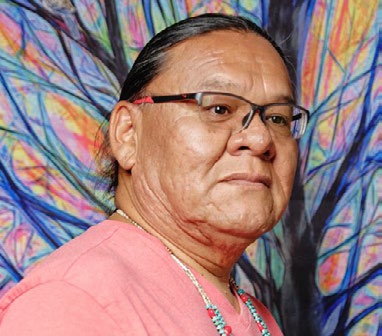
Healer Phil Stevens (Dine') works with youth and families on the Wind River Reservation and Doya Natsu Healing Center. In this podcast Phil talks about his life growing up on the Navajo Nation and the powerful influence of his grandmother who was born in the 1800s. Phil's stories about grief, lost, spirituality, and prayer are part of the sacred circle each of us keep.

Sacred Circle of Wisdom
September 14, 2024
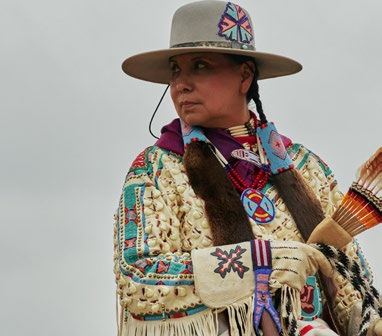
Aunties and grandmothers have wisdom about the sacred circle. We met with four Native women to learn more about how they keep their circles sacred and prevent problematic sexual abuse. In this podcast, these women share their stories about their lives and families. They answer frequently asked questions based on their own experiences in tribal communities.

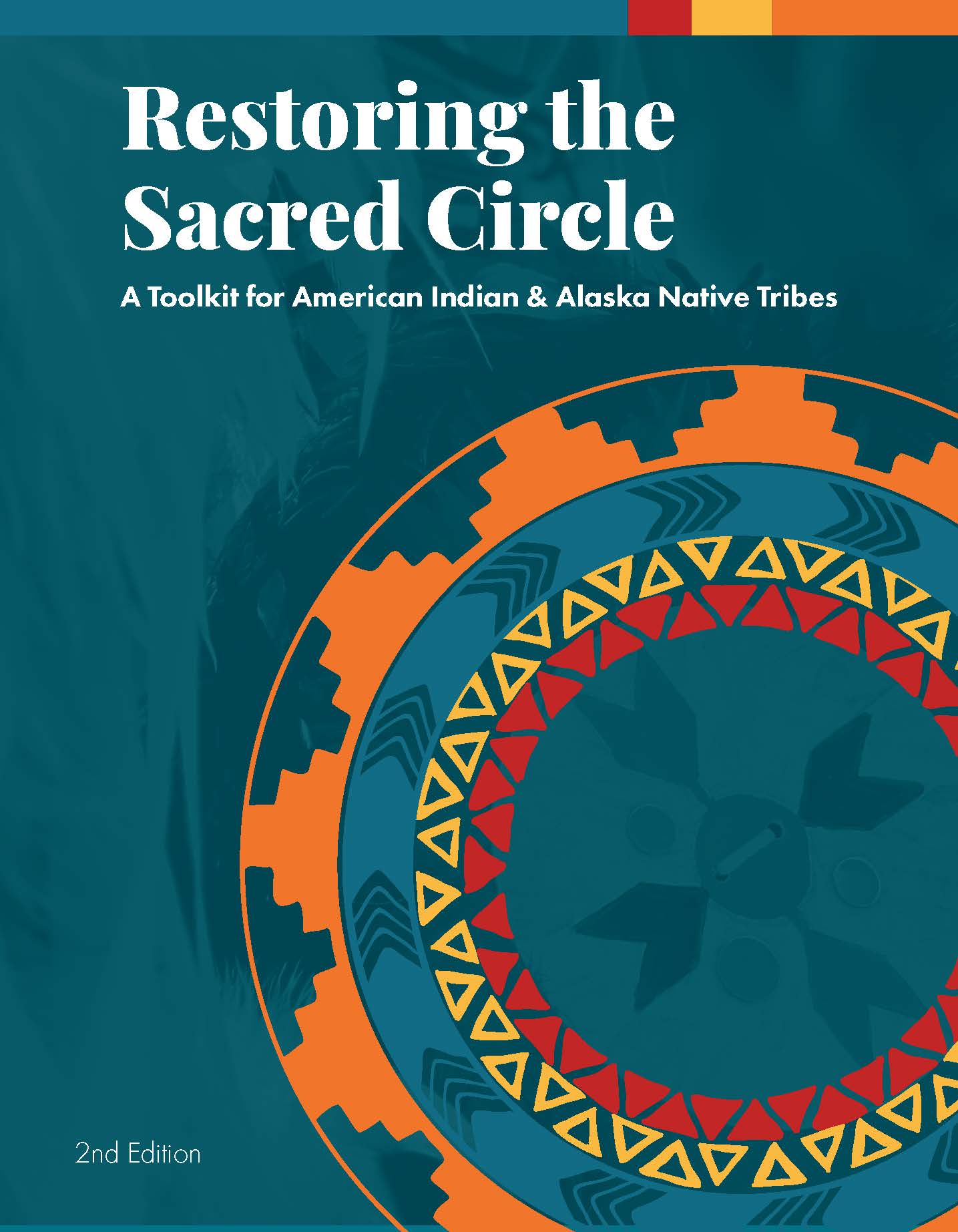
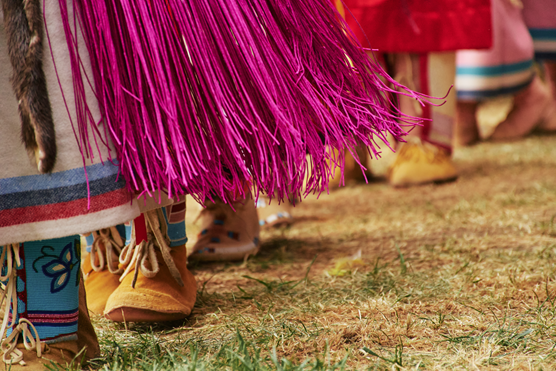 Much of Native culture is based on the Circle of Life. Culture teaches us that we are all relatives to all things in creation. Some threads in the Sacred Circle have become broken. Addressing Trauma, abuse, and neglect in tribal communities is necessary for understanding problematic sexual behavior (PSB). Trauma-informed principles can help support all youth.
Much of Native culture is based on the Circle of Life. Culture teaches us that we are all relatives to all things in creation. Some threads in the Sacred Circle have become broken. Addressing Trauma, abuse, and neglect in tribal communities is necessary for understanding problematic sexual behavior (PSB). Trauma-informed principles can help support all youth. 